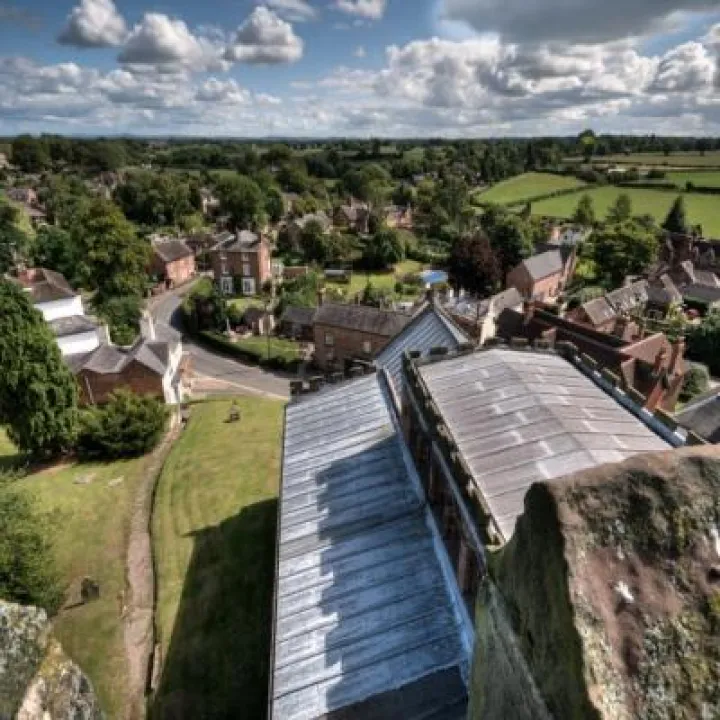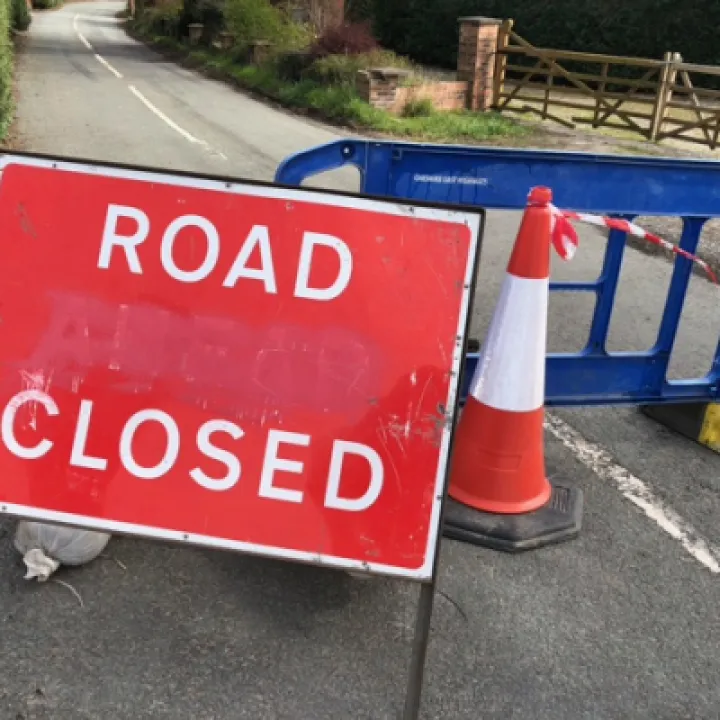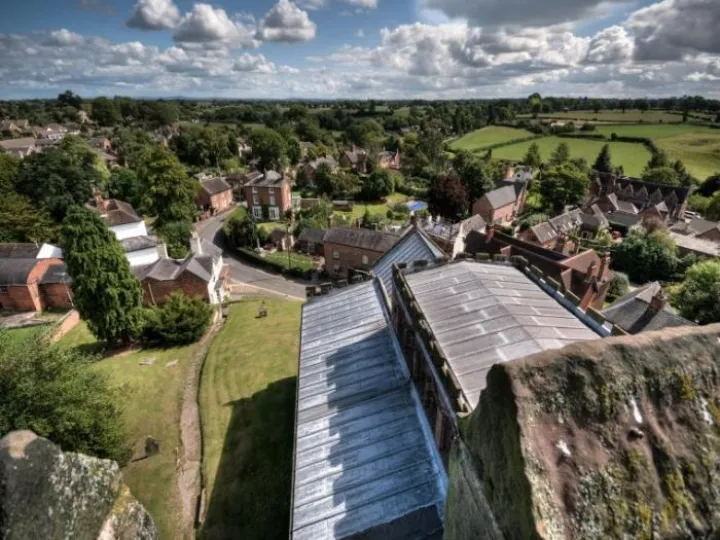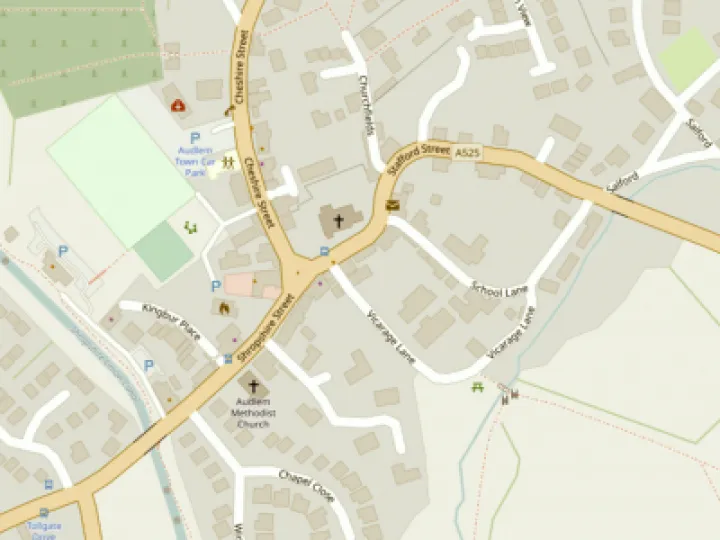







My recollections of Audlem and district on my arrival in south Cheshire some 34 years ago straight from university are inevitably softened by the erosion of memory and yearnings for lost youth that afflict so many who reflect on the "good old days".
A ground floor flat in Hankelow Hall provided an adequate reality check as I soon discovered why the large carpet was nailed to the floor: it rose and fell in the centre according to wind speed and direction. Fortunately a very cold winter was held at bay by an assembly of straw bales (we counted them all in and all out again, Victor!) arranged around the fireplace. That was before I joined the NFU and started selling fire insurance...
It was the Civil Service and the District Valuation office in particular that had brought me to the area, but less than twelve months later sheer boredom caused me to jump ship to service the needs of agriculture in the locality, working from a small office in Nantwich. Three of us provided the Branches of Audlem, Nantwich and Wrenbury NFU with a variety of services ranging from employment and legal advice to arranging bowls matches, dinner dances and monthly meetings. To fund this work we were allowed to hold an agency with NFU Mutual selling agricultural insurance products to our membership. This has since been extended to include people outside agriculture as the farming industry has declined.
From our entry into the Common Market in 1973 agriculture prospered as the Common Agricultural Policy poured money into the industry. Inevitably such a profligate policy saw food mountains develop with intervention stores at Prees Heath and elsewhere filled to capacity with surplus grain, milk powder and meat. Despite the French it had to change and the McSharry reforms of the early nineties saw the introduction of Setaside where land was removed from production.
Whilst this was taking place UK farms were hit with the BSE crisis only to be followed by bovine TB as the badger population expanded rapidly following their protection in 1990. And most latterly of course the Foot & Mouth outbreak three years ago. All of these hit local farmers in the pocket but perhaps the most damaging blow to the dairy farm was self inflicted when a majority of producers voted to disband the Milk Marketing Board, almost comparable with the Church throwing away the Holy Grail.
The current generation of producers, especially the larger ones, were seduced by the blandishments of the big dairies who promised them they could pay them more if producers would only sell to them direct. It was a time when Mrs Thatcher was privatising everything and milk producers were carried along on a wave of a 'grand new tomorrow.'. As one elderly farmer said at a packed meeting at Nantwich Civic Hall, "You will regret the day you disband the Board." How right he was, for it did not take the dairies and the supermarkets long to show their other face and the rest, as they say, is history.
In 1973, Audlem Branch had 120 farms in membership, many of them making a reasonable living on fifty or so acres from milk production. Anyone with a 200 acre farm was considered to be a large farmer. In the locality there was a wealth of generally smaller family run farms, nearly all dairying and with several making delicious farmhouse Cheshire cheese with unpasteurised milk.
But these were the days when the Health Stazi were all safely locked behind a wall in East Germany and the legal profession was content with the occasional property conveyance and a weekly Rotary lunch! But how things have changed with the decline in returns from milk production – now even the large units struggle to survive and so many have been sold up, their once busy brick ranges now converted into smart des.res. and outside, the shiny 4x4 upon which no dirt shall trespass.
And as for the traditional farmhouse cheese production, sadly it's also a distant memory and although we have a quality cheese producer in the locality, the process now has to meet supermarket requirements with many tons a day rolling off the conveyor. At the last count the branch had less than sixty members left and not all those are still farming.
Of course it's easy to reminisce about the great old characters who used to occupy these redundant holdings or the many farm cottages which served them, and both they and the antics they got up to are sadly missed by those who remember them. But in the end the countryside has always been a place where change is an almost organic occurrence and it's always been like that.
In the nineteenth century there was a movement of people from countryside to towns and many dwellings disappeared. Now the flow has reversed but unfortunately many of the incomers have a rather idealised concept of what country living involves and often expect urban standards and amenities, but with a view and hopefully no smells!
But life always involves compromise and Audlem & District will cope as it always has done. That's because, as one sadly departed local resident told me soon after my arrival, "It's got all its chairs under the table."
If you would like to contact Peter Morgan about this article, send a message to the webteam and we will gladly pass it on.
This article is from our news archive. As a result pictures or videos originally associated with it may have been removed and some of the content may no longer be accurate or relevant.
Get In Touch
AudlemOnline is powered by our active community.
Please send us your news and views using the button below:
Email: editor@audlem.org





